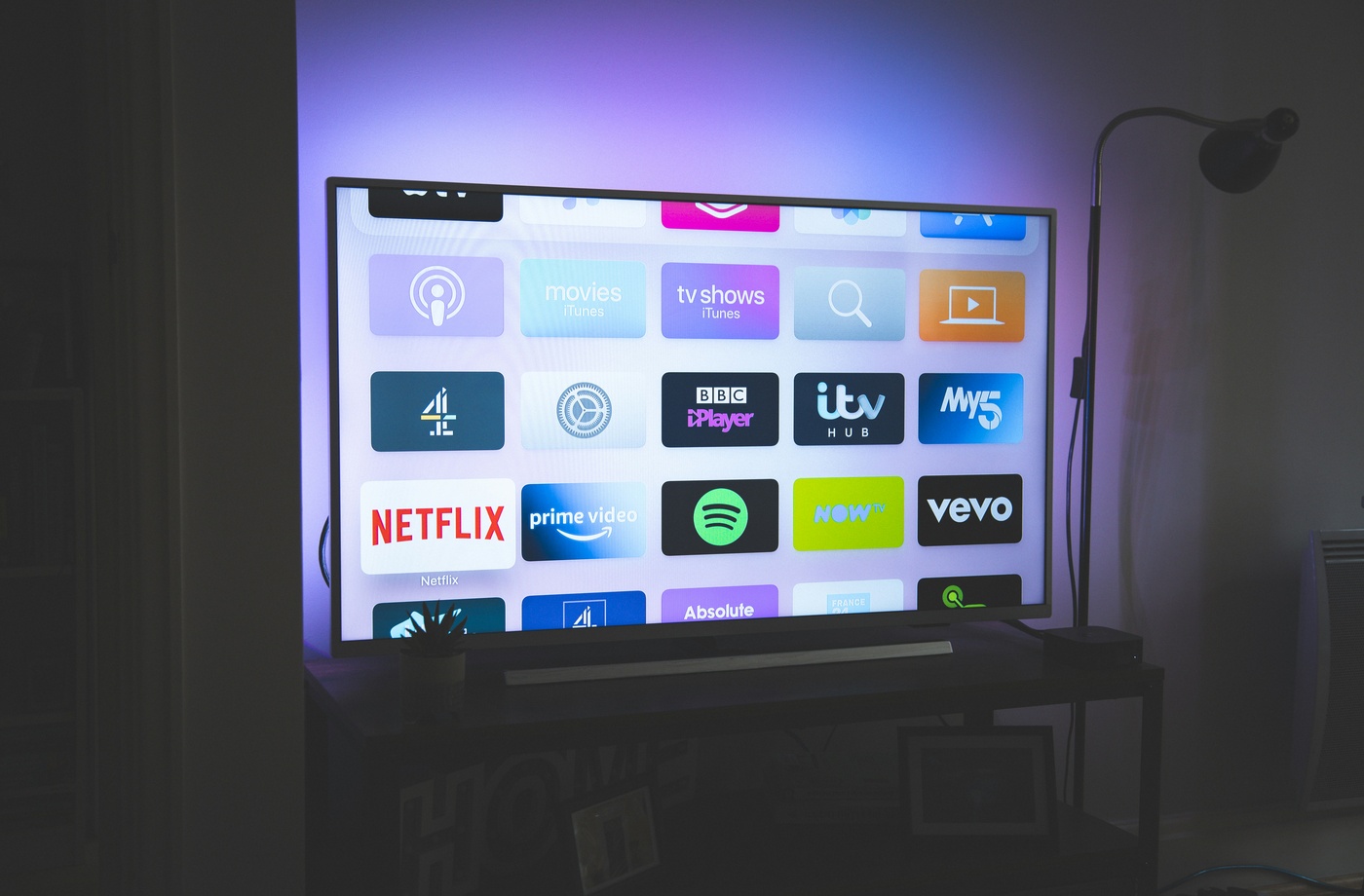Do You Still Need a Cable Box in 2025?
As streaming platforms continue to evolve and broadband speeds rise, many households are rethinking the need for traditional cable hardware. The once-standard cable box—a fixture in millions of homes—is increasingly being replaced by more flexible, space-saving alternatives.
If you’re wondering whether it still makes sense to keep a cable box in 2025, here’s what to consider based on the latest technology and viewing habits.
What Does a Cable Box Offer Today?
Cable boxes remain the default method for accessing traditional TV service from providers like Xfinity, Spectrum, Optimum, and Cox. They provide:
- Access to live TV channels
- On-demand content
- Built-in DVR functionality
- Channel guides and remote navigation
However, they often come with monthly rental fees, typically ranging from $8 to $20 per box, per room. Over a year, that cost can add up quickly—especially in multi-TV households.
Modern Alternatives to the Cable Box
Today, cable TV access no longer depends on bulky hardware. Here are some alternatives that replace traditional cable boxes:
- TV Provider Apps
Many providers now offer streaming apps that deliver the same content as the cable box—without the hardware. - These apps work on smart TVs, streaming devices, tablets, and phones—eliminating the need for extra equipment.
- Streaming Devices
Devices like the Roku, Apple TV, or Google Chromecast can host your provider’s app and any additional streaming services, making them a central hub for all content. - Smart TVs with Built-In Apps
Most modern TVs come preloaded with app stores or built-in platforms like Android TV, Tizen, or WebOS. If your provider supports smart TV apps, there’s no need for a separate cable box or even a streaming stick. - Live TV Streaming Services
If you’re looking to fully replace cable, consider services like: - These options provide live TV, on-demand shows, and DVR functionality—all without a cable box.
When Might You Still Need a Cable Box?
In some cases, keeping a cable box might make sense:
- If your internet connection is unstable and you need reliable coaxial access
- If you prefer a traditional remote and interface
- If you rely heavily on channel surfing, which is still more fluid on traditional cable boxes
- If you’re under a bundled contract that includes hardware rental
Reducing Costs If You Still Use a Cable Box
Even if you decide to keep your cable service, you don’t have to overpay. You can ask your provider if there’s a streaming-only option that removes hardware fees, or check if any devices qualify for discounted rental rates.
Also, if your provider accepts alternate payment methods, you might earn cashback with an AT&T gift card or get a discount on Verizon Fios by using Fluz for billing—helping to offset recurring equipment charges.
Final Thoughts
The cable box is no longer a necessity for most households. With the rise of smart TVs, provider apps, and live TV streaming alternatives, it’s possible to enjoy all the same content without the clutter or the fees. Evaluate your setup, your comfort with new tech, and your budget—and decide if it’s time to unplug your cable box for good.



